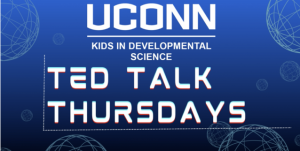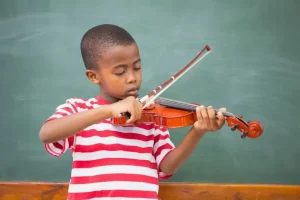Sleep is important for child development. Good sleep helps kids grow well, think clearly, control their emotions, and stay healthy. Even though we know sleep is important, scientists still face some problems when they try to study it—like not using the same tools to measure sleep or not looking at sleep changes over time.
We need to look at sleep in a bigger way, by thinking about everything that affects it—like the child’s body, their family, school, and the culture they live in. Researchers should work together from different fields, like health, education, and psychology, to understand how sleep connects to how kids develop and learn.
We should use better tools to study sleep, such as devices that can track how long and how well kids sleep. Plus, more studies that include kids from different backgrounds would be helpful so we can learn what’s true for all children, not just a few.
In conclusion, if we study sleep more carefully and work together across different areas, we can help make sure all kids get the sleep they need to grow up strong and healthy.
Interested in learning more? Click here!
Jess Vo, UConn KIDS Research Assistant









